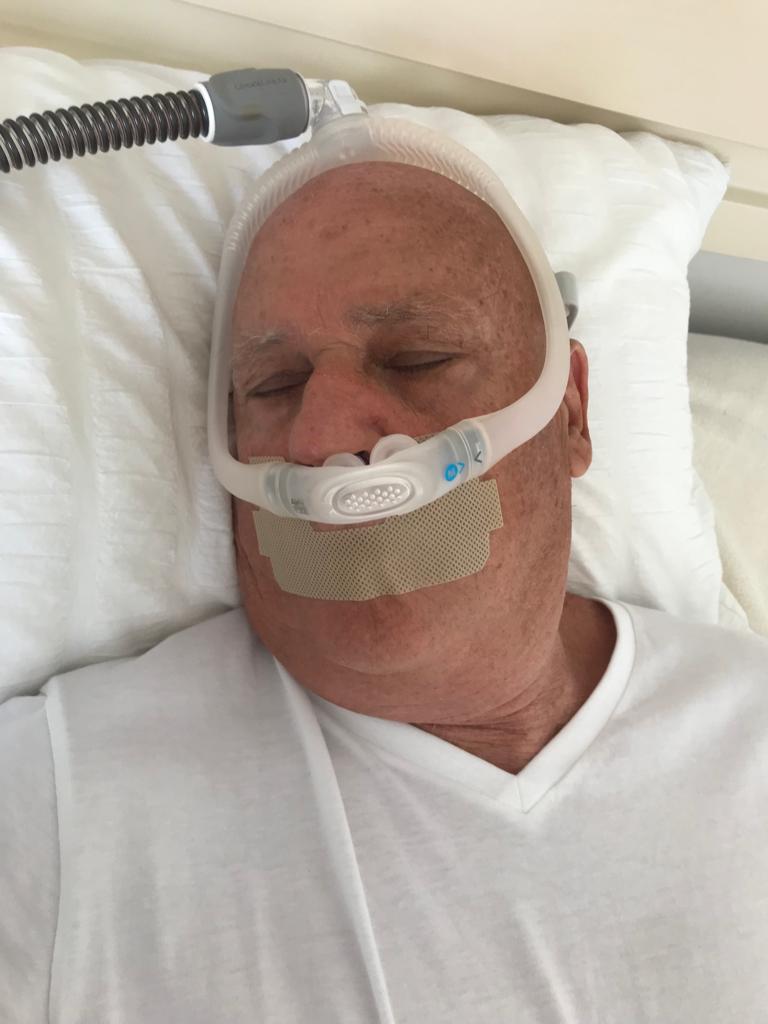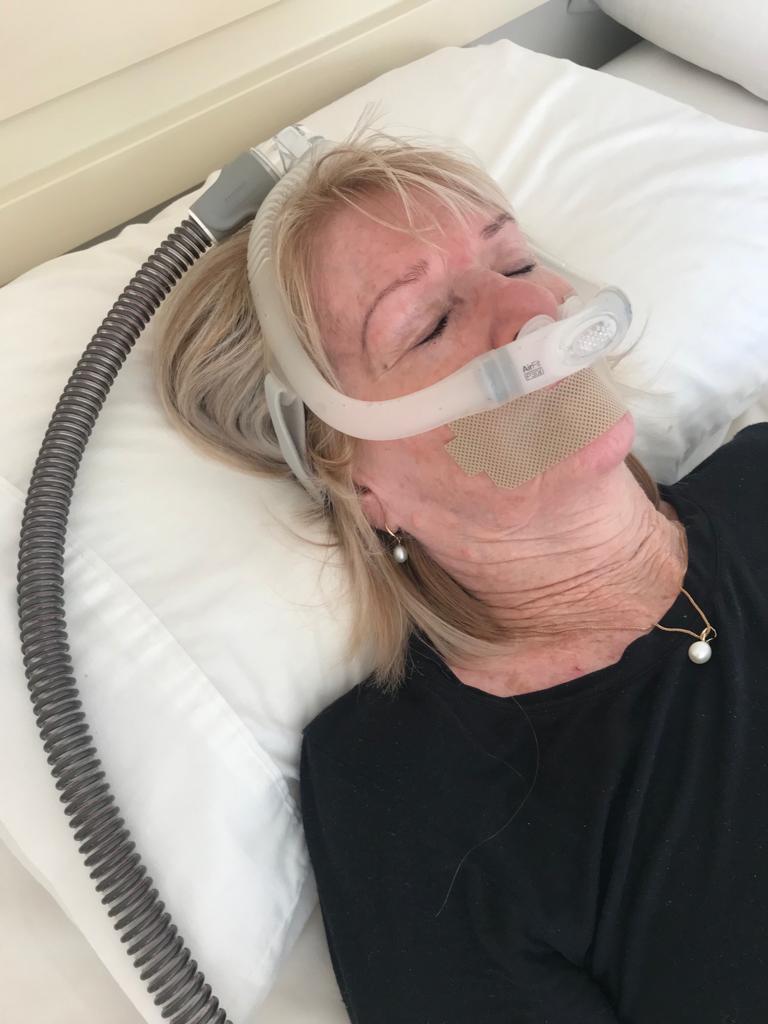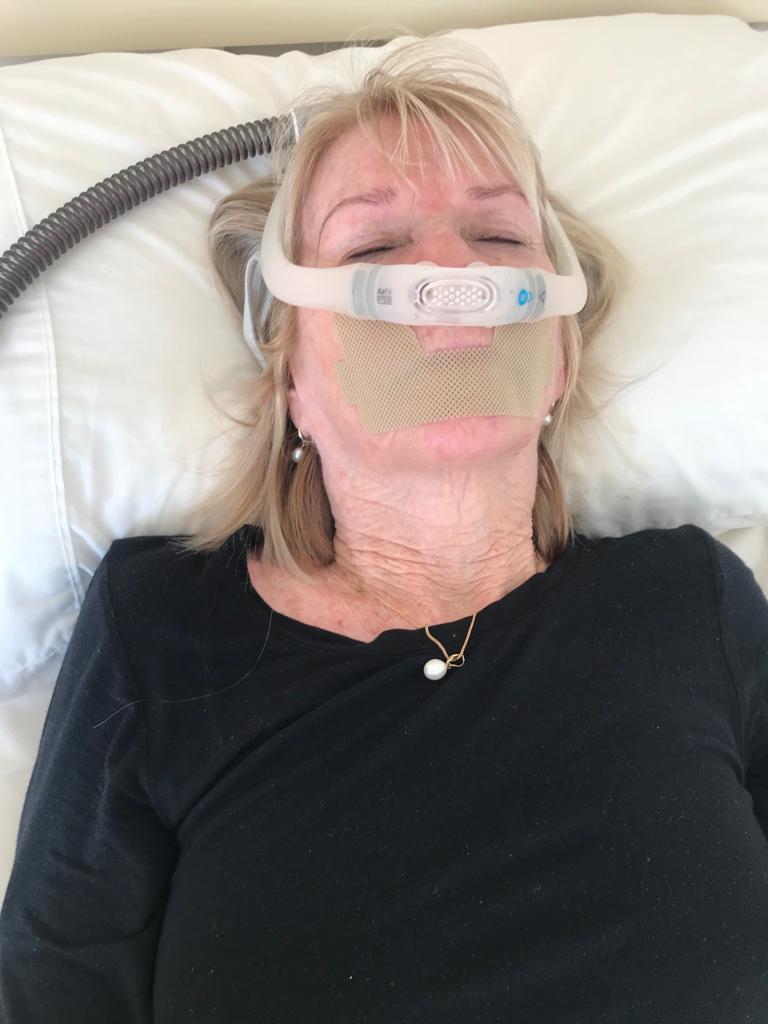Very dry mouth in the morning
Are you waking up every morning with a dry mouth? You’re not alone. This common issue is often overlooked when discussing the effects of sleep, but it can significantly impact our daily lives. From difficulty speaking to an increased risk of dental problems, a parched mouth in the morning is a symptom that should not be ignored. In this blog post, we will delve into the causes of this problem and explore some practical solutions to tackle it head-on. Say goodbye to uncomfortable mornings and hello to a healthier, hydrated mouth.
Understanding the causes of very dry mouth in the morning is the first step towards finding a solution. So keep reading to find out how to say goodbye to uncomfortable mornings and hello to a healthier, hydrated mouth.
What causes a very dry mouth in the morning?
Have you ever woken up in the morning with a desert in your mouth? The sensation of having a very dry mouth can be incredibly uncomfortable and can set the tone for a not-so-pleasant day ahead. But what exactly causes this common issue?
Several factors can contribute to waking up with a dry mouth in the morning. One of the main culprits is sleeping with your mouth open. When we sleep, our bodies naturally produce less saliva, which helps to keep our mouths moist and healthy. However, when we sleep with our mouths open, the limited saliva production cannot keep up with the dryness, resulting in that parched feeling in the morning.
Another common cause of dry mouth is dehydration. If you don’t drink enough water throughout the day, your body may not have enough fluids to produce enough saliva at night. It can lead to waking up with a dry mouth and feeling thirsty.
Certain medications can also contribute to dry mouth in the morning. Antihistamines, antidepressants, and some blood pressure medications can all have the side effect of reducing saliva production. If you take any of these medications, it’s worth discussing with your doctor whether they could contribute to your dry mouth symptoms.
Lastly, certain medical conditions such as Sjogren’s syndrome, diabetes, and sleep apnea can also cause dry mouth. These conditions can disrupt the normal saliva production process, leading to dryness in the morning.
Understanding the causes of very dry mouth in the morning is the first step towards finding a solution. In the following sections, we will explore the importance of saliva in oral health, the effects of dry mouth on oral health, and practical solutions and lifestyle changes to combat dry mouth and wake up to a healthier, hydrated mouth.
The Effects of Very Dry Mouth on Oral Health:
When we experience dry mouth in the morning, it’s not just an uncomfortable sensation we must endure. This lack of saliva can have severe consequences for our oral health. Without enough saliva, our mouths become more vulnerable to dental problems.
One of the immediate effects of dry mouth is an increased risk of cavities. Saliva helps rinse away food particles and bacteria from our teeth, preventing plaque buildup. When we wake up with a dry mouth, these particles and bacteria are not effectively washed away, leading to the formation of plaque and an increased risk of tooth decay.
A dry mouth can also contribute to bad breath. Saliva helps to keep bacteria in check by neutralizing the acids they produce. When there is a lack of saliva, bacteria can multiply more efficiently, leading to the unpleasant odour that we associate with bad breath.
Furthermore, dry mouth can cause discomfort and irritation in the mouth. The lack of moisture can make it difficult to speak or swallow, leading to a burning sensation or a sore throat.
Overall, the effects of a very dry mouth on oral health are not to be taken lightly. It’s essential to address this issue to prevent further complications. In the next section, we will explore some practical solutions for dealing with a very dry mouth in the morning.
Solutions for Dealing with Very Dry Mouth in the Morning:
If you’re tired of waking up with a desert in your mouth, don’t worry – there are solutions to combat a very dry mouth in the morning. Here are some practical tips to help you deal with this pesky problem and start your day with a hydrated mouth.
- Stay Hydrated: The most obvious solution is to ensure you are drinking enough water throughout the day. Hydration is critical in maintaining saliva production, so make it a habit to keep a water bottle with you at all times and sip on it regularly.
- Humidify Your Bedroom: Dry indoor air can exacerbate a dry mouth problem. Consider using a humidifier in your bedroom, especially during the winter when the air is drier. It will help to add moisture to the air and alleviate dryness.
- Avoid Irritants: Certain substances like alcohol, caffeine, and tobacco can contribute to dry mouth. Limiting your intake of these substances, especially in the evening, can help to reduce the severity of your symptoms.
- Use a Saliva Substitute: If you’re experiencing severe dry mouth, try using a saliva substitute. These over-the-counter products mimic the lubricating properties of saliva and can provide temporary relief.
- Consult Your Dentist or Doctor: If your dry mouth persists despite trying these solutions, seeking professional advice is essential. Your dentist or doctor can identify an underlying cause or recommend specific treatments to alleviate your symptoms.
By incorporating these solutions into your daily routine, you can say goodbye to uncomfortable mornings and hello to a healthier, hydrated mouth. Remember, taking care of your oral health is essential for overall well-being, so don’t neglect the importance of addressing very dry mouth in the morning.
Lifestyle Changes to Combat Dry Mouth:
Dealing with a very dry mouth in the morning can be frustrating, but you can make several lifestyle changes to help combat this issue. By incorporating these changes into your daily routine, you can work towards maintaining a healthier, hydrated mouth.
First and foremost, pay attention to your oral hygiene routine. Brushing your teeth twice daily and flossing can help remove plaque and bacteria contributing to dry mouth. Consider using a specifically formulated toothpaste to combat dry mouth, as these often contain ingredients that promote saliva production.
Another meaningful lifestyle change is to avoid foods and beverages that can exacerbate dry mouth. It includes limiting your intake of sugary and acidic foods and avoiding caffeine and alcohol. These substances can dehydrate your body and reduce saliva production, so it’s best to consume them in moderation.
In addition to adjusting your diet, staying hydrated is crucial for combating dry mouth. Make it a habit to drink plenty of water throughout the day, and consider using a mouth rinse or spray specifically designed to combat dry mouth symptoms. These products can help moisturize your mouth and provide temporary relief from dryness.
Finally, try to reduce stress in your life, as stress can contribute to dry mouth. Incorporating stress-reducing activities such as exercise, meditation, and deep breathing exercises can help promote oral health.
By making these lifestyle changes, you can take control of your dry mouth symptoms and wake up to a healthier, hydrated mouth. Everyone’s experience with dry mouth is different, so it may take some trial and error to find what works best for you. Don’t hesitate to consult with your dentist or doctor for personalized recommendations and guidance.




